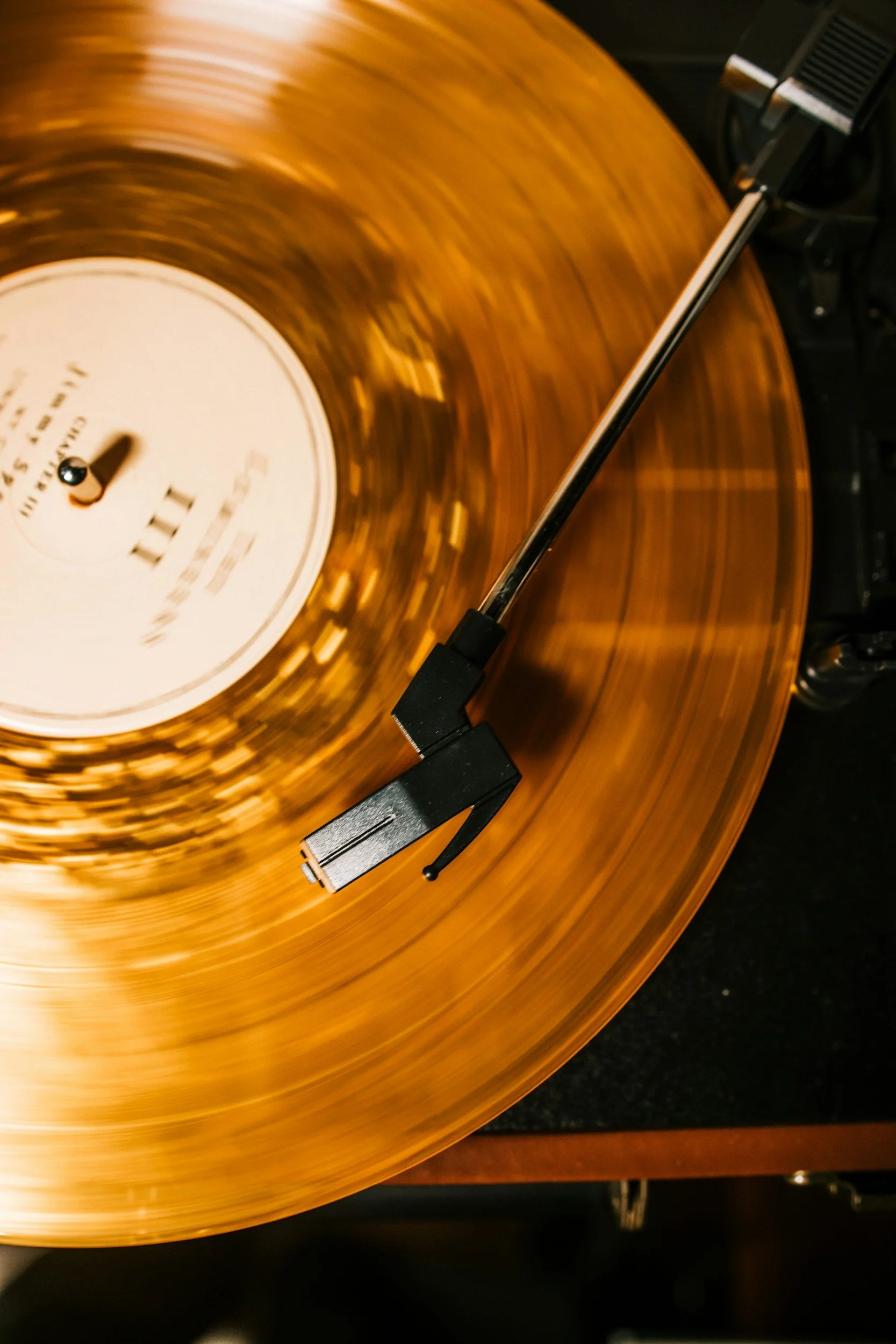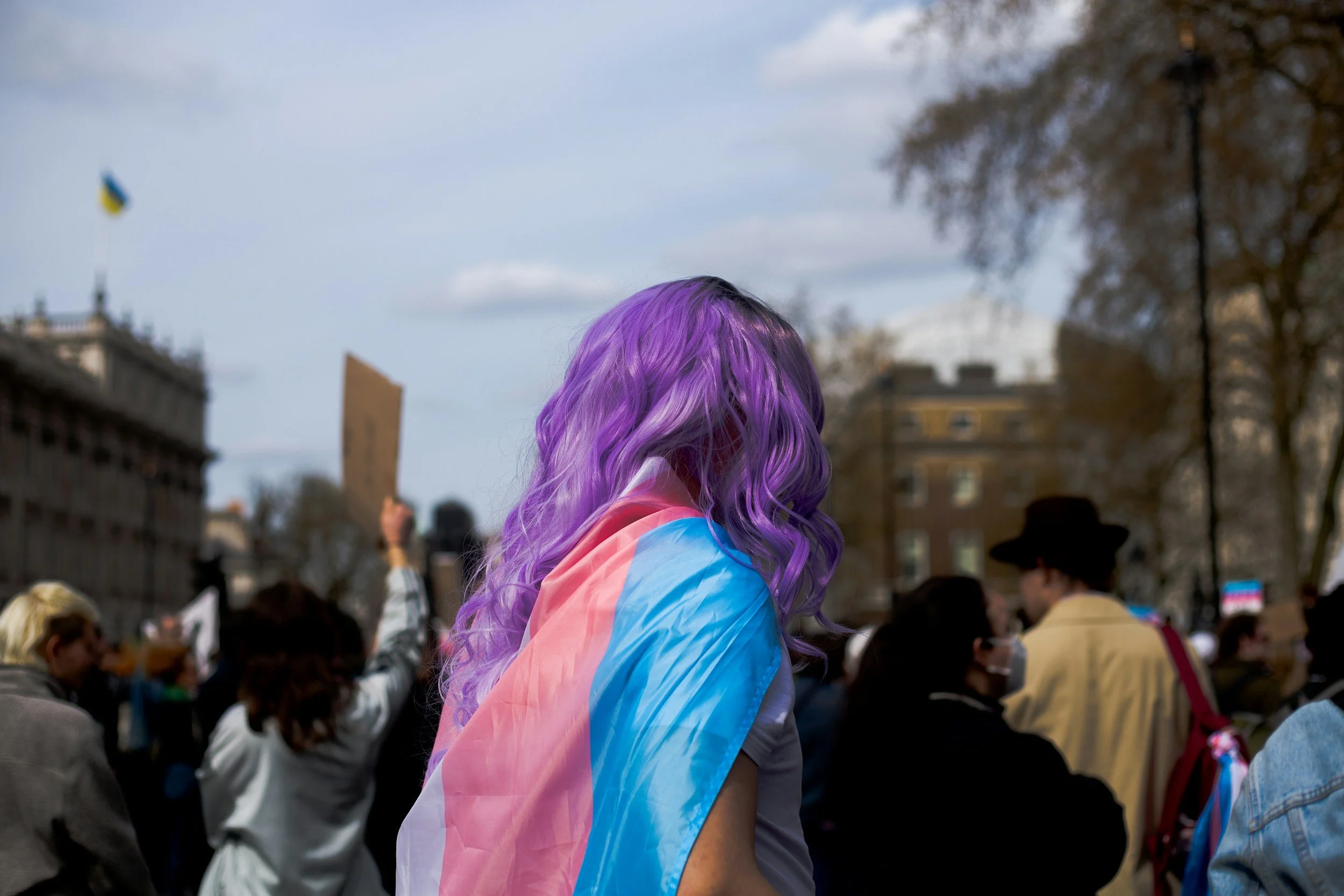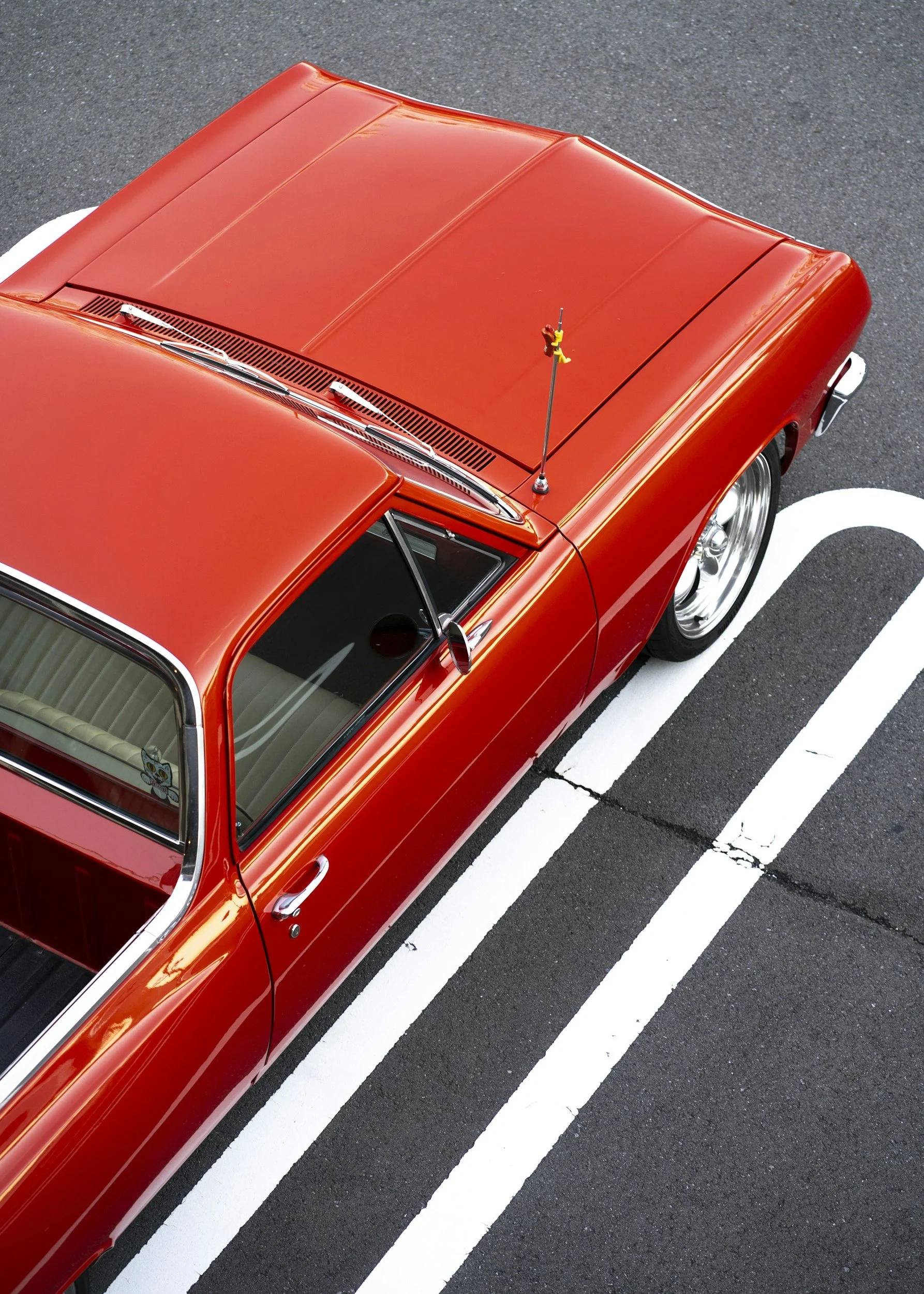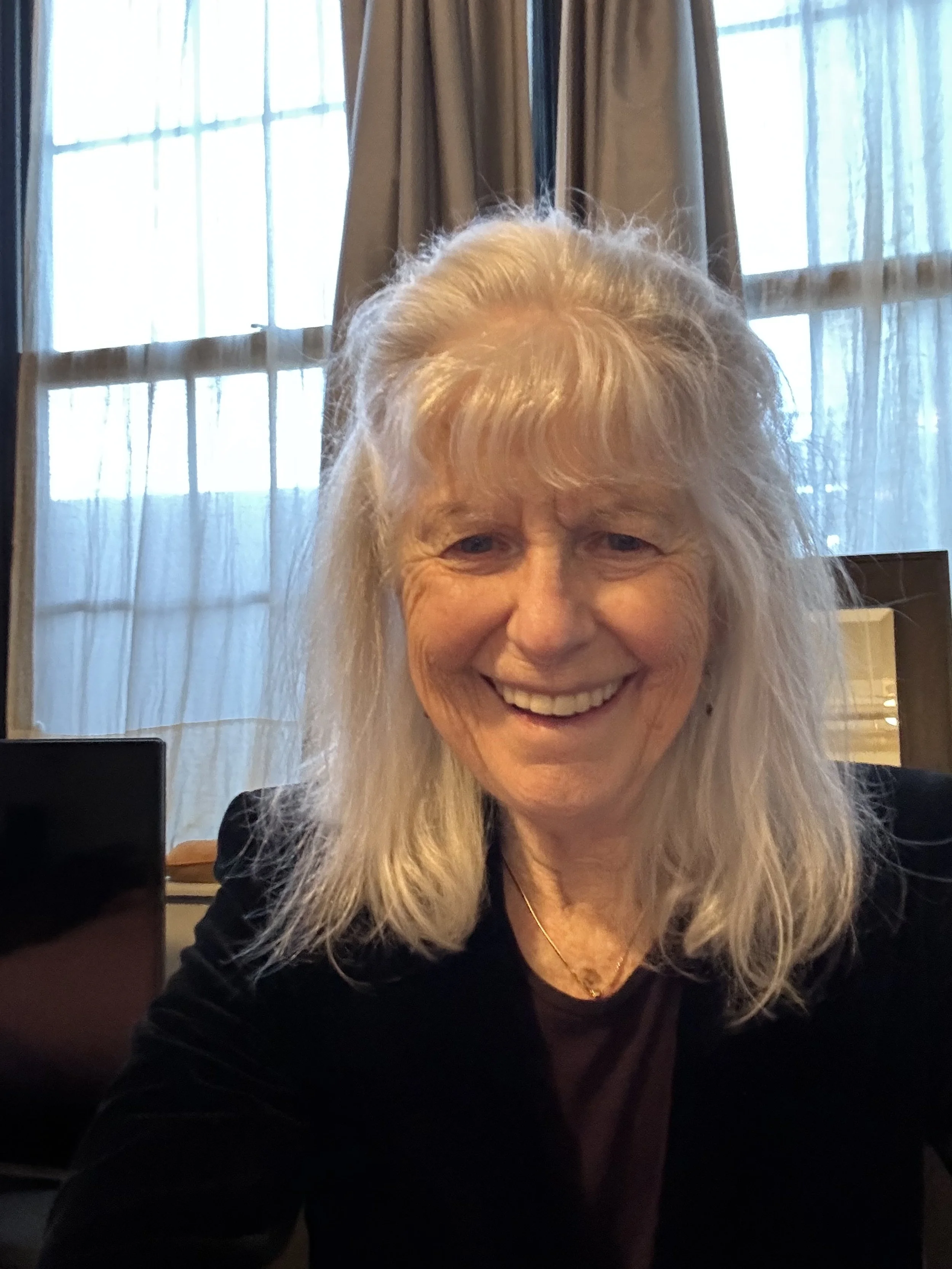Running with Eunice
A policeman stepped from a side street and raised his hand for us to stop.
One hand rested on the pistol jutting out of its holster. Silver handcuffs nuzzled the gun, black-lens sunglasses hid his eyes. An odor of underarm deodorant hung in the air.
He stopped us because Eunice was Black and I was white. It wasn’t illegal for the two of us to be together on the street, but in Apartheid South Africa it may as well have been. The proximity of our bodies alerted this white policeman to something being wrong.
“Why did you stop us?” I asked.
He ignored me, only addressing Eunice.
“Meisie, wat maak jy? Hoekom werk jy nie? Waar werk jy?” Girl, what are you doing? Why aren’t you working? Where do you work? The police insisted that Black people talk to them in Afrikaans, the language of the oppressors.
With those words, Eunice and I were separated.
The Zulu saying Eunice had told me, on one of our daily runs around a secluded football field at the bottom of a park, came back to me. We’d stopped to watch a group of long-legged hadada ibises probing the soil for earthworms and millipedes. “Utahthisele amathole eng’ang’ame,” said Eunice. “It means someone has taken the hadada’s nestlings. A sign that that person has offended a vindictive man and better watch their step.”
Only an hour ago, we met at a traffic light where the long main road began its uphill ascent.
“Nice and warm now, hey,” Eunice said in greeting.
It was winter but at two in the afternoon the sun was hot. Johannesburg with its semi-arid dry climate is sunny almost all year round. Crossing the road, we stepped carefully over the thick rubber pipes with metal intervals lying across it and picked our way between the sand, stones and uprooted tar strewn around.
“The road’s been like this for weeks,” I said.
“Never seen anyone working here,” said Eunice.
We laughed and slapped hands. So much in our conversation didn’t need explaining.
Once we reached the sidewalk and began running, the landscape changed. Leafless plane trees with seed balls hanging from their branches lined the sidewalk, behind them single and double-story houses with flower beds spilling out color from flame lilies and agapanthus. Hadadas, their iridescent feathers shining in the sun, flew off at our approach, screaming their haa-haa-haa-de-dah call.
The incline increased. Johannesburg is seven thousand feet above sea level and the air is thin. We breathed heavily, tied our long sleeve sweatshirts around our waists.
I’d suggested this run because I wanted more of a challenge.
“Time for us to spread our wings, hey,” Eunice had said. “Get away from the flat. You’ll see, we’ll make the fifty-five miles of the Durban to Pietermaritzburg, Comrades Marathon yet.”
This made me laugh. We were such beginner runners though we’d both taken to it in a big way. It was the glue of our friendship filling our lungs and hearts with air, each pant a shared breath; we were wide open, soft, vulnerable, as close to each other as we could get. Running was our Hosanna, our song of praise to friendship.
But when the policeman put out his hand our voices dried up. We squinted in the sun’s glare, our chests heaving from the steep uphill, our short sleeve T-shirts wet with sweat. Fear in our eyes.
It’s not that we weren’t aware and cognizant of Apartheid, the doctrine of white supremacy and Black inferiority that dictated our lives. Yet, during the year we ran together our friendship flourished in defiance of those constraints.
As he blocked our way, the policeman changed everything.
“All we’re doing is running,” I said.
“Go,” said Eunice. “I’ll catch up with you later.”
I wanted to argue with the policeman, but Eunice’s body language stopped me. Her posture wasn’t challenging, but she wasn’t cowed either. Her breaths had evened. She stood straight, her hands hanging loosely at her sides. I walked away slowly.
Ten minutes later, Eunice was at my side. She put her hand on my back gently pushed me forward.
“Let’s go,” she said picking up the pace.
“Bastard! What did he want?”
“To see my passbook.” The passbook was compulsory for all Black South Africans over the age of sixteen to carry with them.
When I proposed a more difficult run, I hadn’t thought of how we might appear to onlookers.
The passbook must have been in Eunice’s pants pocket. It would have contained her fingerprints, a photograph, and the name and address of her employers, including the length of time she had worked for them. There was also a space to enter a behavioral evaluation on the ‘conduct of the pass holder.’ An employer was defined as only a white person.
Eunice laughed wryly said, “He was nasty, saying he’d check everything out, but then he let me go.”
“I hate them so much,” I said. “I should have given him a piece of my mind!”
“I’m glad you didn’t,” said Eunice. “You mustn’t talk back to them. Let me deal with it. If you do, you’ll only make it worse.”
She was right. If I’d continued to question the officer it could have developed into an argument between me and him, and he might have arrested Eunice to demonstrate his power.
We were almost at the steepest part of the road. I was about to point out a throng of bright red, yellow, and orange red hot poker flowers pushing up against a small brick wall. When, out of the corner of my eye, I saw something black whipping towards us.
One of the rubber pipes with metal intervals that we’d seen earlier had gotten caught on the undercarriage of a van. The driver, unaware of what had happened went on driving. The pipe stretched to capacity and when it snapped Eunice and I were in its path. A woman coming out of her gate told a journalist we were thrown up in the air like rag dolls.
When I regained consciousness, I could not feel my body. Disparate impressions from the past floated by, a flowering garden; the diffused light so beloved of artists; the color of watermelon juice.
A hum of voices reached me. Opening my eyes, the sun bore into them. I tried to shade them but couldn’t lift my arm. The tarmac beneath me was hard. Then I remembered and slowly turned my head to find Eunice. She was lying nearby. Her eyes were open, but unfocused and glazed. One of her arms stuck out at an odd angle as if it had been pulled away from her body.
I said, “Eunice,” but nothing came out.
The voices became louder. A crowd had gathered. The high wail from an ambulance siren neared.
Two white paramedics knelt on either side of me, saying they were Jeff and Eric and asking my name.
They moved me onto a stretcher.
I screamed. My voice came out a croak.
“I’ll ride with you,” said Eric. “I’ll be with you all the time. Once we’re in the ambulance you’ll get oxygen. It will help with the pain.”
They were lifting the stretcher into the ambulance when I realized they hadn’t said anything about Eunice. She was still lying on the tarmac, alone. The crowd was focused on me instead.
“What about my friend?”
“She must wait for her ambulance,” Jeff said.
“Why can’t she come with me? There’s enough room.”
“Hers will come soon,” he said as he shut the door.
I couldn’t stop thinking of Eunice lying alone in the road, dazed and concussed. And that we’d been on the road at my suggestion.
The ambulance transporting Eunice took forty minutes to arrive.
At the hospital nurses gently cut away my clothing. I was given pain killers and moved to a private clinic where an orthopedic surgeon set my legs in plaster.
When my mother visited, I begged her to find out what happened to Eunice. She found Eunice at the understaffed General hospital that in 1986 was the only hospital in Johannesburg for Black people. Eunice had a broken arm and collarbone. In that hospital patients were brought bedpans at fixed hours. If a patient lost bladder or sphincter control, they had to wait for hours in the mess until the sheets were changed. And in addition, had to tolerate the nurses’ ire.
When we were both out of hospital, I called Eunice. She was in a lot of pain. The meager amount of analgesics she’d been given at the hospital were inadequate. When she was discharged her employer got her a prescription from her own doctor. A myth existed among white doctors and nurses, the same one that exists in the United States, that Black people don’t feel pain in the same way as whites. Their skin is tougher and, consequently, they don’t need as much painkiller.
I felt so bad for Eunice and guilty about the excellent care I’d received. Kept on telling her how sorry I was for suggesting running in the road.
“Ag don’t,” said Eunice. “All I had to do was say no. I wanted to try the hill.”
That was the most genuine conversation we had. Other times our conversation was filled with awkward pauses. We struggled for words to bridge the chasm that had opened up between us.
Apartheid had reared its ugly head injected its venom, and paralyzed we remained.
Eunice and I were still dealing with our injuries, she with her shoulder me with my leg, when my husband and I went to London for a year. After we returned, the number I had for Eunice was no longer in service. Though we lived in the same neighborhood, I didn’t know where her employers lived.
I couldn’t find her.
Two years later, we moved to Boston and settled there.
Apartheid isn’t law in the United States as it was in South Africa. But the echoes of South Africa’s racial segregation reverberate in the systemic inequalities here, where racial profiling, healthcare disparities, and economic gaps challenge the promise of equality.
I’m close to eighty-years-old now and when rain blankets Massachusetts, the throbbing in my left leg, a remnant of the accident, returns me to Eunice. Eunice and I came from different cultures, class, religions and life experiences. But for two hours every day we communed with each other, and during that time the horrors of our outside world were eclipsed by the pleasure we took in each other.
Our friendship was lost to the harsh realities of our divided world, but I am so grateful to have had it. Thinking of Eunice and I running together, talking and laughing, tension leaves my body and I am infused with warmth.
Love, even though it might be fleeting, is possible even in the darkest of times.
-Carol Marks Stopforth
Carol Marks Stopforth is a psychotherapist living in the Boston area. Her essays have appeared in Counseling Today, Creative Destroyer: R.D. Laing and Shambhala Newsletter. She has been the recipient of Engelhard and Albers Foundation residencies.







